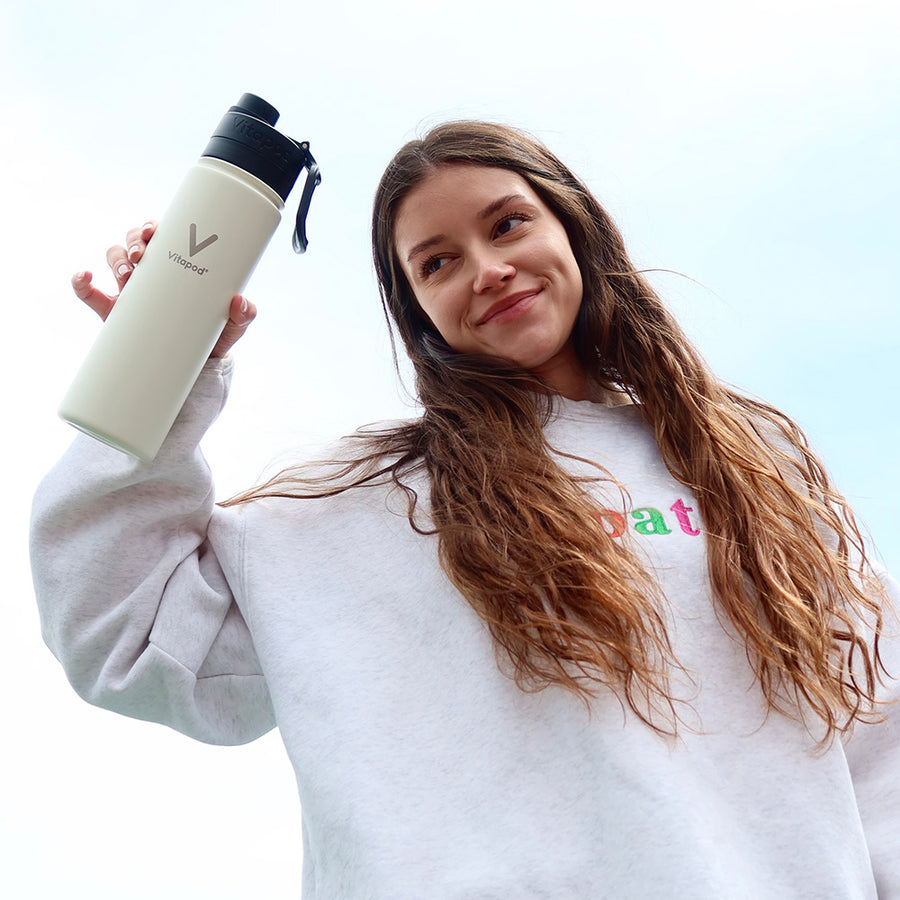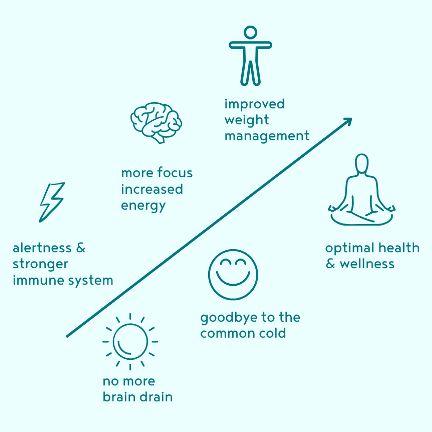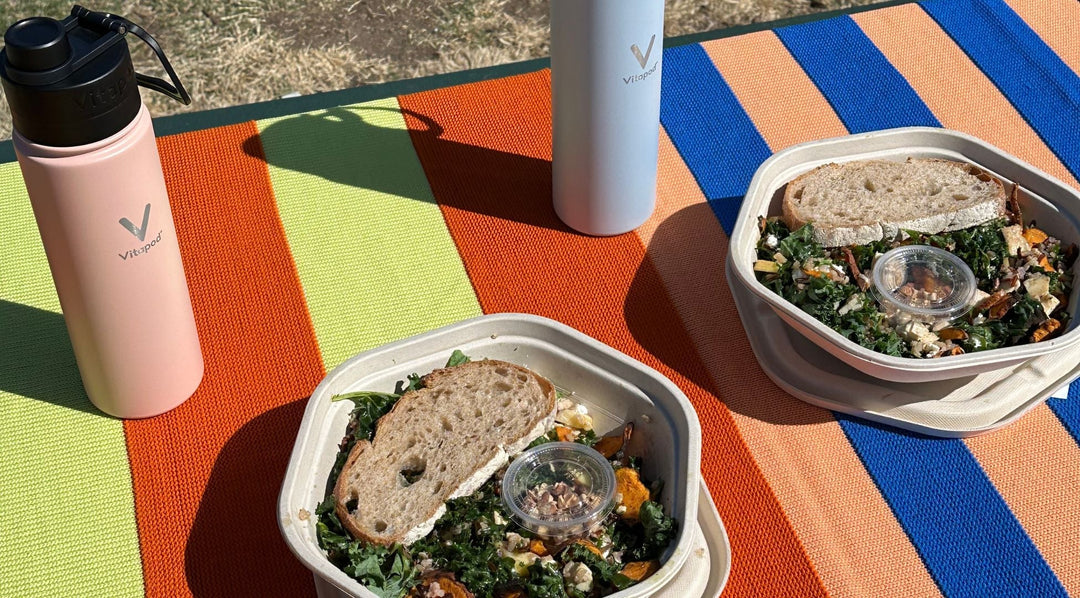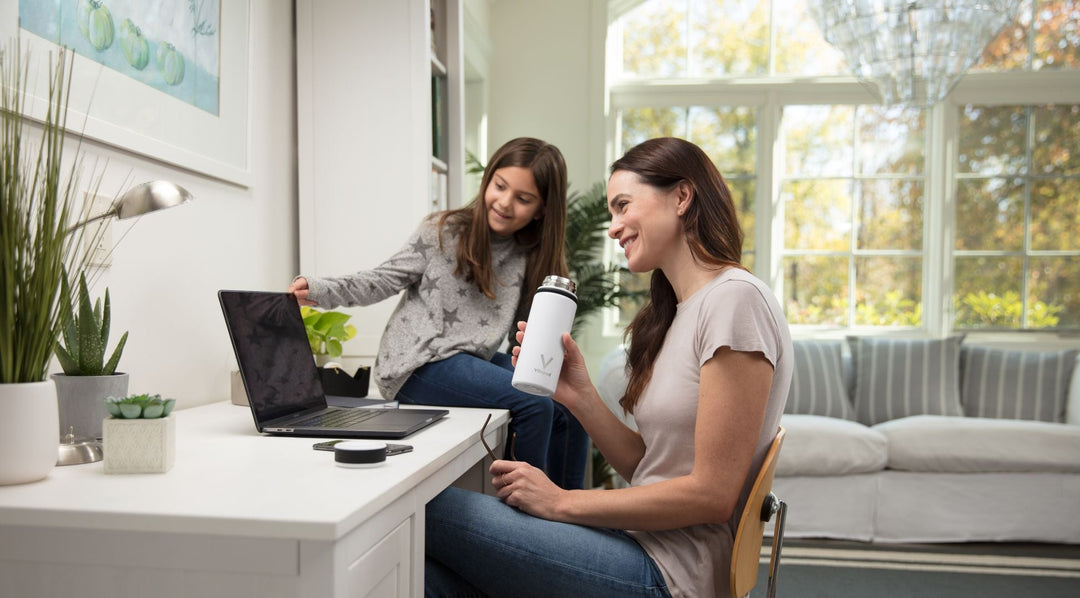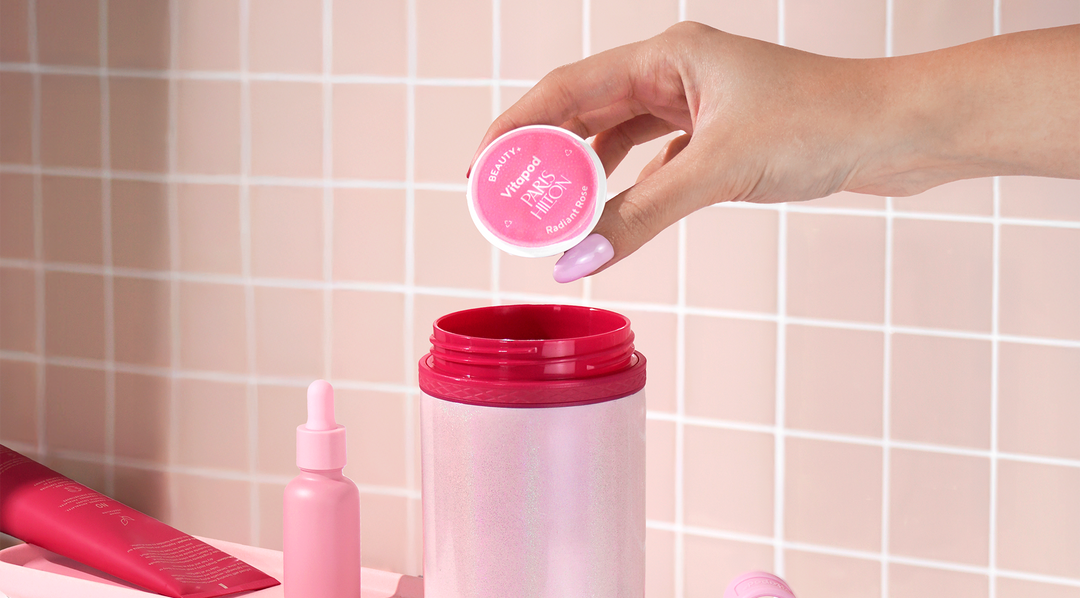Why is composting important?
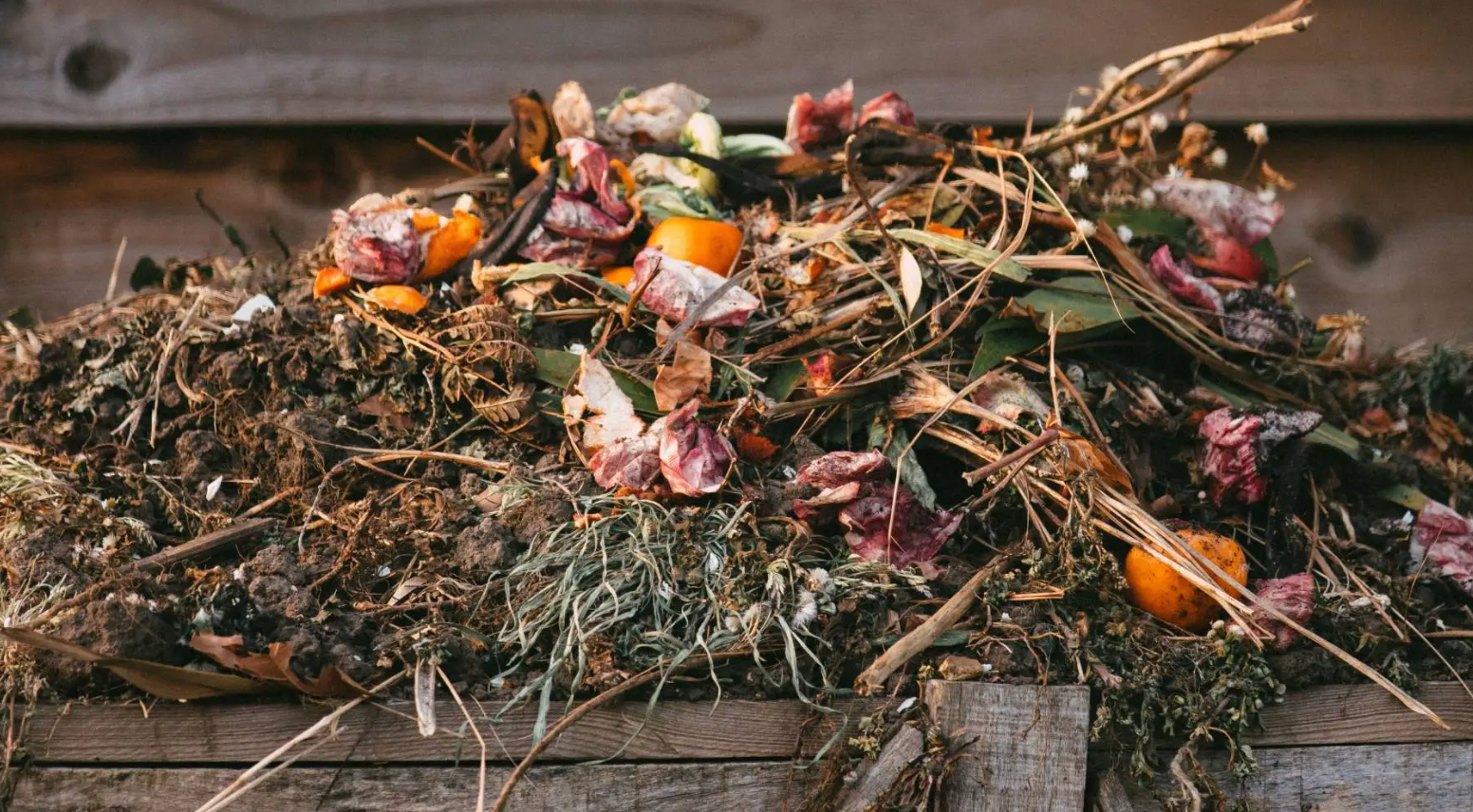
When most people think of compost, they imagine stinky piles of organic material full of worms and other critters. Despite that pungent stereotype, compost is so much more than that.
The truth is that it’s one of the best things you can do for the environment. It’s also easier (and less smelly!) to get into than you might think.
Today we’re going to look at composting and why it’s so important. Once you finish reading, you’ll have all the knowledge you need to start your own pile. You’ll also have a place to put that head of lettuce you forgot about in the back of your fridge.
Let’s break composting down.
Composting 101
Compost is organic material that people use to enrich soil and help plants grow. Compost doesn’t take long to make and, contrary to popular belief, shouldn’t smell.
Composting requires you to have three types of ingredients:
- Greens: Materials like grass clippings and fruit and vegetable waste
- Browns: Twigs, branches, dead leaves, and other similar materials
- Water: Moisture to help everything break down
The brown layer of compost provides oxygen, while the greens provide nitrogen. You’ll want to have an equal mix of the two.
Things you can and can’t compost
Most people who have smelly compost throw the wrong things into their piles. Here are some things you can and can’t compost:
Can:
- Fruits and vegetables
- Grass clippings
- Teabags
- Shredded newspaper
- Hair and fur
- Nutshells
- Old house plants
- Leaves
- Straw and hay
Can’t:
- Dairy products
- Meat
- Pet waste
- Any plant with chemical pesticide
- Sick plants
- Grease and fat
As a general rule of thumb—if you don’t want it rotting in a bin for a year, don’t throw it in!
Why composting is important
Americans waste around 133 billion pounds of food each year (1). That’s a lot of food that doesn’t make it into the mouths of hungry people—both in the U.S. and around the world.
Composting is one of the best ways to cut back on food waste.
On top of that, it also helps supercharge soil, packing it to the brim with nutrients. Composted soil then has the strength it needs to fight off pests, as well as retain moisture.
Because it’s so powerful, compost also makes chemical fertilizers unnecessary. The nutrient-rich natural soil is all you need!
How to get started
Okay, so composting is great for the environment and it doesn’t have to be smelly. How can you get started with it?
If you want to start your own outdoor pile, look for a place that’s dry, shady, and close to a water source.
Get a bucket or bin and start adding layers of brown and green materials on the bottom, ensuring that they’re damp. After you have a decent-sized pile, add more green ingredients and grass clippings on top. Make sure that any fruit and vegetable waste has at least ten inches of material on top.
Then, all you have to do is wait.
Patience is key with composting. It can take anywhere from two months to two years for the soil at the bottom to turn that lovely dark and rich color you want it to be.
A happy garden and a happier planet
If you’re looking to help the environment while also ensuring that your yard and garden look their best, composting is for you. Use this guide to help you enjoy all that it has to offer.
Are you trying to live a more sustainable and eco-friendly life? Let us help you out. Check out the rest of our content for more helpful guides and tips!

